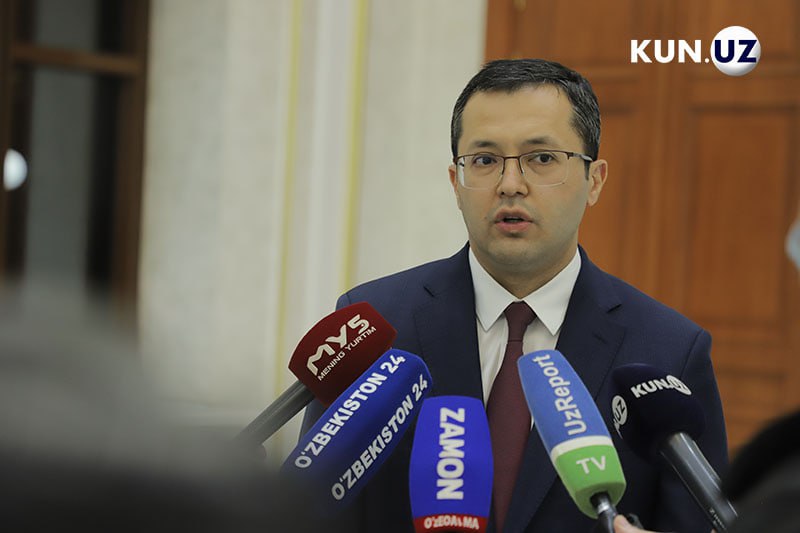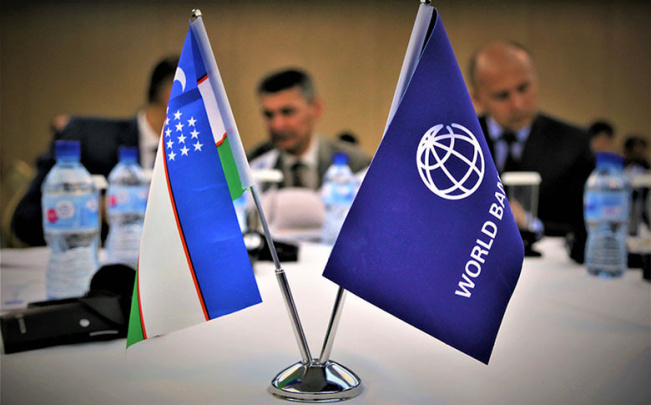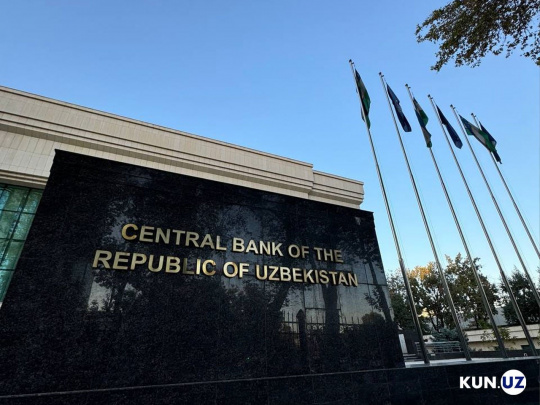Central Bank projects Uzbekistan's GDP growth at 6% for 2025
Timur Ishmetov, Chairman of the Central Bank, announced during a January 23 press conference that Uzbekistan's GDP is expected to grow by 6% this year, driven by strong economic activity, increased investment volumes, an improved current account balance, and the stability of the UZS exchange rate.

It is also expected that the challenging external financial conditions will ease, which will help alleviate pressure on the real effective exchange rate. According to estimates from international financial organizations, global economic growth is projected to be between 2.7% and 3.3% in 2025, with global inflation decreasing to 4.2%.
"Rising global prices for certain food products may influence domestic prices for a period. To mitigate these effects, appropriate measures will be taken in coordination with the relevant ministries and agencies," said Ishmetov.
Inflation is expected to be around 7-8% in 2025, driven by the decline in global inflation and continued economic growth. In 2024, Uzbekistan's economy grew by 6.5%, fueled by increased investment and rising real incomes. The total volume of loans issued to the economy grew by 14.3% compared to 2023, reaching 287 trillion UZS.
Inflation for non-food products remained at 7.7%, the same as in 2023, while inflation for services, including energy tariffs, rose to 26.7%.
Additionally, the number of interbank transactions in 2024 increased by 31%, and revenues from trade and paid services grew by 29%. Through cross-border remittances, the country received $14.8 billion, a 30% increase compared to 2023.
"We also expect a further increase in remittances this year, which will have a positive impact on household incomes," said the Central Bank Chairman.
Remittances from Russia continue to dominate, accounting for $11.5 billion. However, Russia's share of total remittances has slightly decreased from 78.2% to 77%, according to the Central Bank's report.
Recommended
List of streets and intersections being repaired in Tashkent published
SOCIETY | 19:12 / 16.05.2024
Uzbekistan's flag flies high on Oceania's tallest volcano
SOCIETY | 17:54 / 15.05.2024
New tariffs to be introduced in Tashkent public transport
SOCIETY | 14:55 / 05.05.2023
Onix and Tracker cars withdrawn from sale
BUSINESS | 10:20 / 05.05.2023
Latest news
-
Uzbekistan plans to launch national ferry service in Caspian Sea
SOCIETY | 16:03
-
Dozens of violations, zero accountability: Fergana police cancel fines for chief’s wife’s car
SOCIETY | 16:02
-
“Preparing for winter” — the never-ending excuse for power outages in Tashkent
SOCIETY | 14:46
-
Uzbekistan and Pakistan discuss new defense industry projects
SOCIETY | 13:28
Related News

16:15 / 04.07.2025
World Gold Council: Uzbekistan tops global gold sales in early 2025

17:16 / 02.07.2025
World Bank: Uzbekistan needs more exports, less state control to sustain growth

12:15 / 02.07.2025
IMF: Uzbekistan’s public-private partnerships could burden future budgets

17:35 / 01.07.2025



